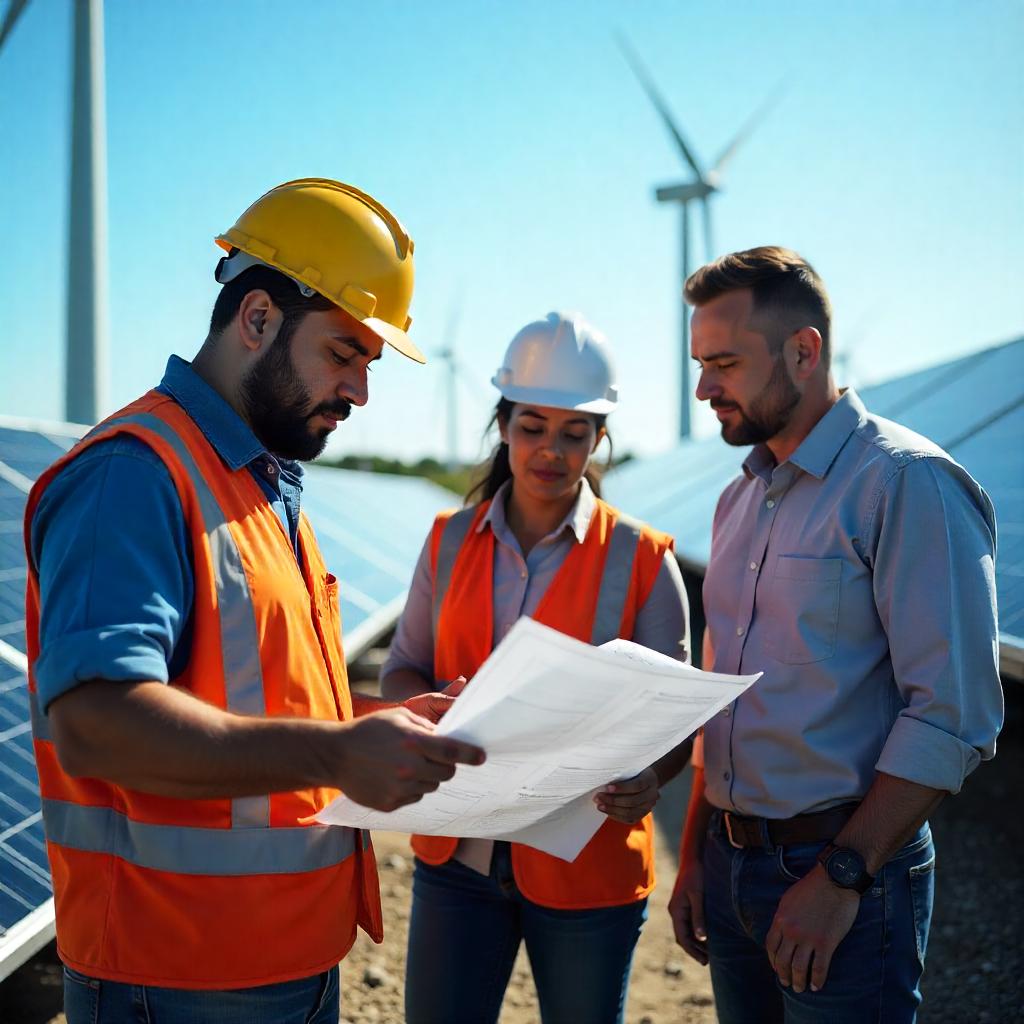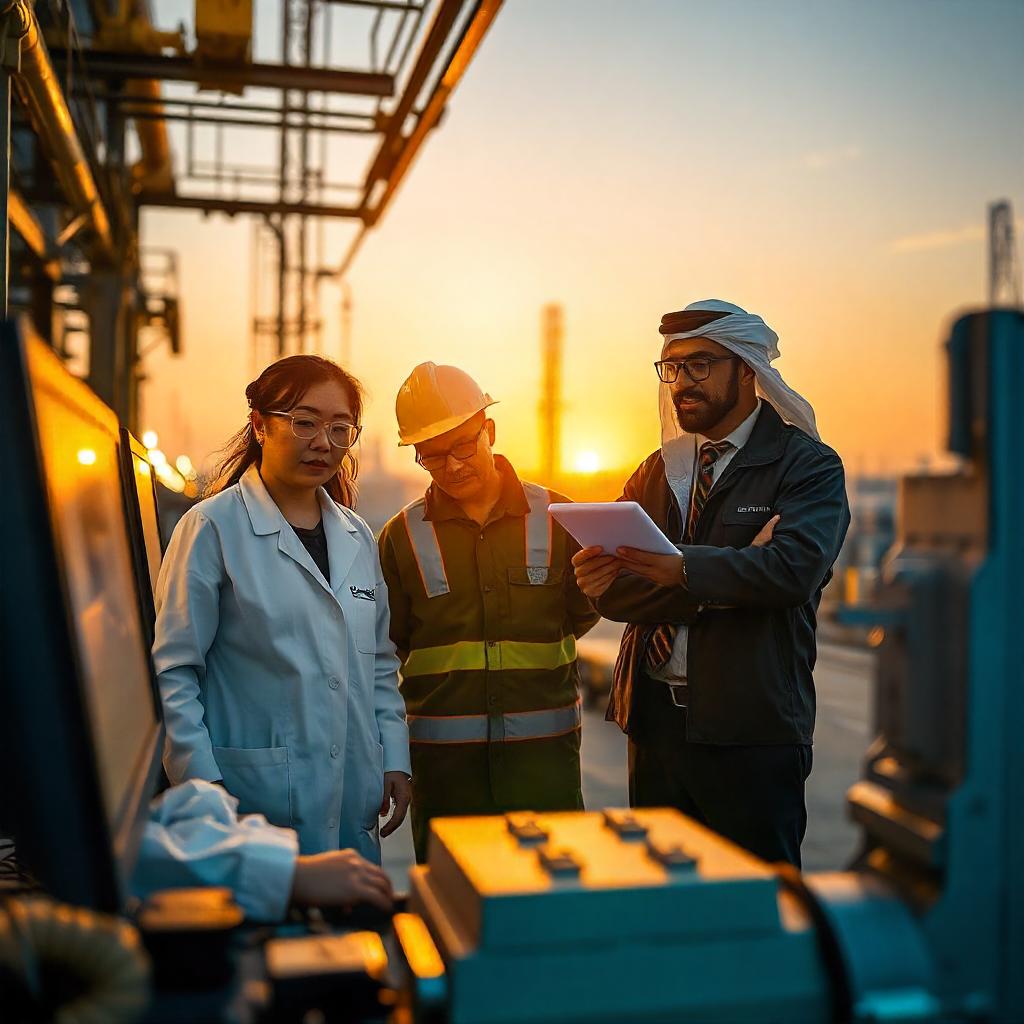The Willow Lake Métis Group (WLMG) stands as a remarkable example of how Indigenous communities and industries can collaborate for mutual growth. This case study explores the strategies, challenges, and successes of WLMG in establishing a sustainable partnership model that fosters economic empowerment, environmental stewardship, and cultural preservation.
Background of Willow Lake Métis Group

The Willow Lake Métis Nation (WLMN), located in Alberta, Canada, has a rich history of self-sufficiency and entrepreneurship. Recognizing the need for economic independence, the community established WLMG to engage in business partnerships with major industries, particularly in the energy and resource sectors.
Strategic Industry Collaborations
1. Partnership with the Energy Sector
WLMG has strategically aligned itself with oil, gas, and energy companies to create opportunities that benefit both parties. Through these collaborations, the group has:
- Secured contracts for environmental monitoring, workforce development, and site reclamation.
- Provided Indigenous-led consultation services to ensure responsible resource development.
- Promoted sustainable and ethical practices within the industry.
2. Economic Growth and Job Creation
By working with industry leaders, WLMG has facilitated job training programs, employment opportunities, and skill development initiatives. These efforts have:
- Enhanced employment rates among the Willow Lake Métis community.
- Strengthened economic self-sufficiency and reduced reliance on government funding.
- Encouraged the younger generation to engage in specialized trades and business leadership.
Sustainability and Environmental Stewardship

1. Indigenous-Led Environmental Solutions
WLMG is dedicated to protecting natural resources while participating in industrial activities. Key initiatives include:
- Implementing traditional ecological knowledge (TEK) in land management.
- Conducting environmental impact assessments to mitigate industrial effects.
- Advocating for sustainable energy solutions, including renewable energy projects.
2. Reclamation and Land Restoration
One of WLMG’s significant contributions is its role in land reclamation projects. By leading efforts to restore disturbed land, WLMG ensures that industrial activities do not permanently harm the ecosystem. Their programs include:
- Soil and water remediation techniques to revive ecosystems.
- Native plant restoration to rebuild local biodiversity.
- Collaboration with industry partners to implement sustainable land-use practices.
Challenges and Overcoming Barriers

1. Navigating Regulatory Frameworks
WLMG has had to overcome complex legal and regulatory challenges to operate successfully within the energy sector. By engaging with policymakers, the group has:
- Advocated for Indigenous participation in regulatory discussions.
- Ensured compliance with environmental and industrial standards.
- Strengthened its legal standing through strategic partnerships and legal support.
2. Balancing Economic and Cultural Priorities
A key challenge for WLMG has been maintaining cultural integrity while engaging in business partnerships. To address this, the group has:
- Integrated Métis cultural values into business operations.
- Encouraged businesses to respect traditional land-use practices.
- Developed programs that promote the preservation of Métis heritage.
Impact and Success Stories
1. Economic Prosperity for the Willow Lake Métis Nation
Through its partnerships, WLMG has seen significant economic growth, including:
- Increased revenue streams from contracted services and business ventures.
- Higher employment rates among Métis members.
- Expanded funding for community programs and infrastructure development.
2. Recognition and Influence
WLMG’s model has been recognized as a leading example of Indigenous economic development. Their success has:
- Inspired other Indigenous groups to form similar partnerships.
- Strengthened the role of Indigenous voices in industry decision-making.
- Garnered support from government and private sectors for further expansion.
Future Prospects and Expansion

1. Diversifying Business Ventures
Looking ahead, WLMG plans to expand into new industries, including:
- Renewable energy projects, such as wind and solar farms.
- Eco-tourism and cultural tourism initiatives.
- Technology and digital services to support modern business needs.
2. Strengthening Community Capacity
To ensure long-term success, WLMG is investing in education, training, and leadership programs. These efforts will:
- Equip young Métis professionals with the skills to lead future enterprises.
- Foster innovation within the community.
- Maintain WLMG’s legacy as a pioneer in Indigenous-business partnerships.
Conclusion
The Willow Lake Métis Group has set a powerful precedent for Indigenous-Industry Partnerships. By leveraging strategic partnerships, embracing sustainable practices, and preserving cultural values, WLMG continues to empower the Métis community while contributing to Canada’s economic landscape.









